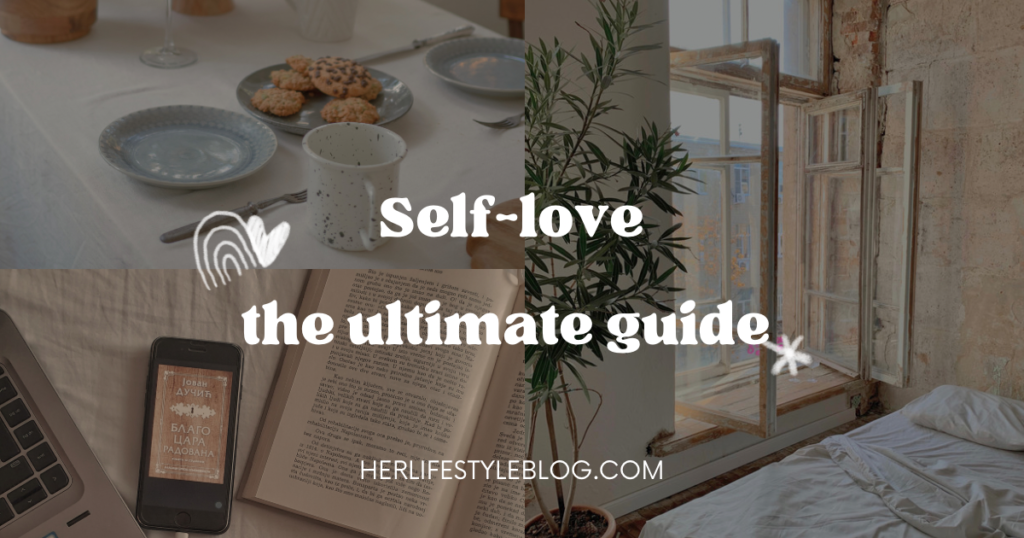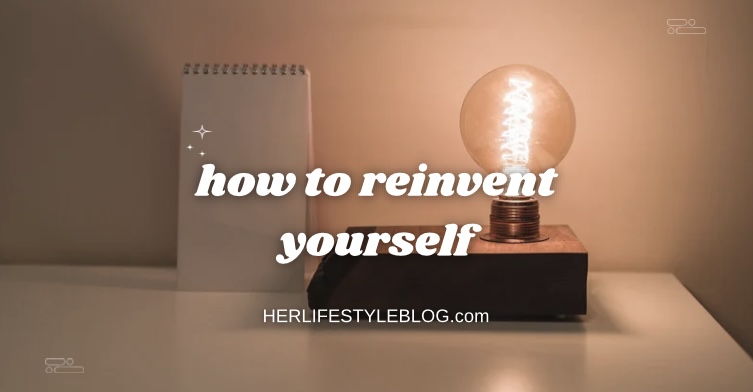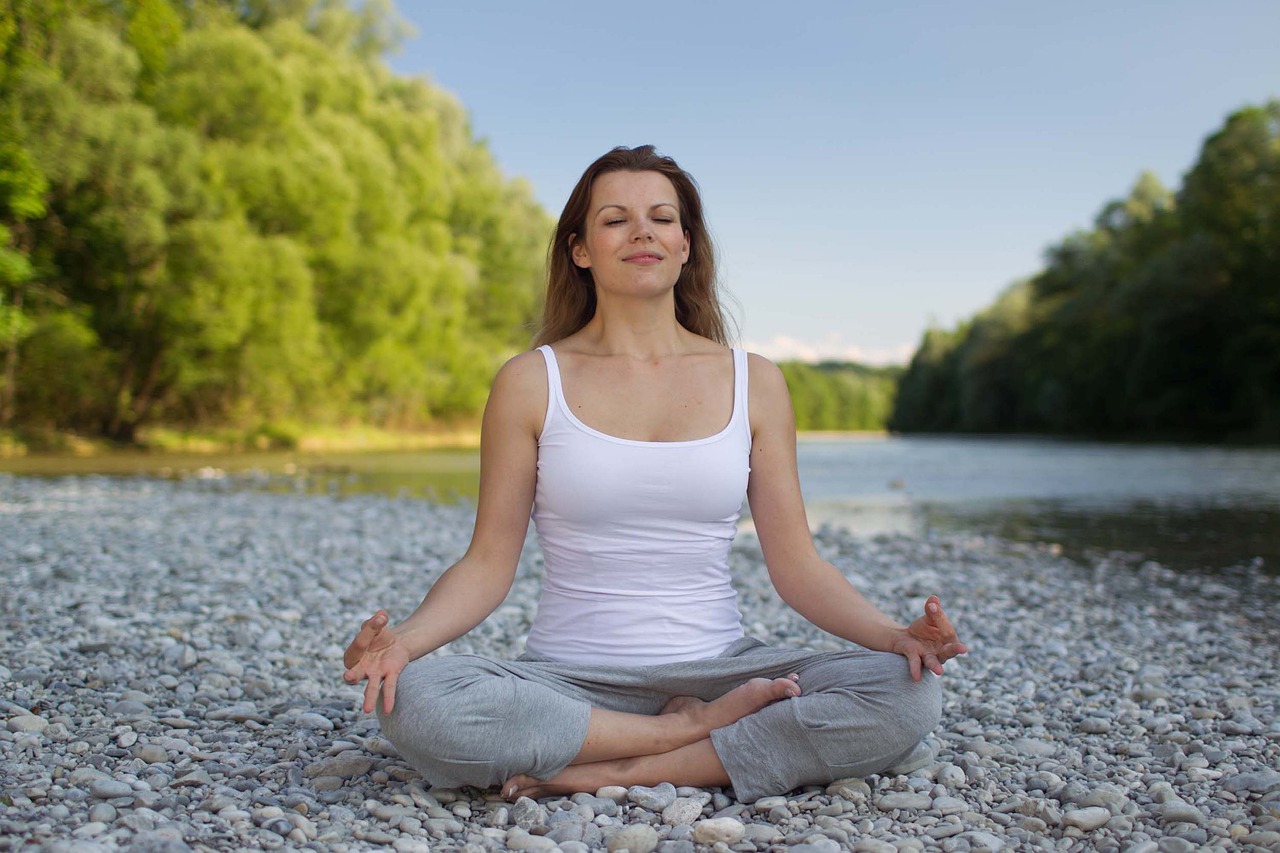Love Your Body: The 15 Step Ultimate Guide to Developing a Positive Body Image and Practising Self-Love

Table of Contents
Introduction
In a world that promotes unrealistic beauty standards, and promotes negative body image (instead of positive body image), it’s important to grow a healthy relationship with your body and practise self love. Bringing a focus on positive body image is very important.
This generation is all about body implants and surgery to make them look good (no offence) and that’s the beauty standard people in the present generation live up to. They pretend to be perfect, which they are not. Nobody is perfect.
We all desire to feel good about ourselves and be confident in our skin. However, society’s standards place significant pressure on us to look a certain way, causing us to develop negative body images. In this article, we will explore ways to develop a positive body image and practice self-love.
Defining Positive Body Image
Positive body image refers to accepting and appreciating your body, including its strengths and weaknesses. It means focusing on the positives rather than flaws and understanding that everyone has unique qualities.
Why it’s Important to Practice Self-Love
Self-love is the love and care you give to yourself. You nurture your body, you love your body and don’t compare it to anyone. Self love is important because it helps a person to improve and and restore and open up new world full of opportunitres.
It makes you a confident person who knows their worth. Self love practitioners doesn’t experience burn-out and are energetic.
Understanding Body Image
Body image refers to the way we perceive our bodies’ size, shape, and appearance. Negative body image is driven by perfectionism, societal norms, and the media’s unrealistic representation of beauty.
A negative body image can hinder one’s physical and mental health. It leads to low self-esteem, depression, anxiety, and even eating disorders.
Body image issues are often influenced by childhood experiences, societal and cultural pressures, and one’s personality traits. The environment surrounding the development of the body image affects how an individual perceives themselves.
1. Celebrate Your Body
It’s important to take control of our body and embrace its uniqueness. It’s crucial to understand that everyone’s body is different, and uniqueness is beautiful. Focusing on the positive aspects of the body helps to cultivate a positive body image.
2. Practice Gratitude for What Your Body Can Do
Appreciate your body for its abilities and functions. You will begin to see your body from a different perspective when you start to focus on what it can do rather than how it looks.
3. Embrace Imperfections
Perfectionism is destructive in nature, as no person is perfect. It is unrealistic.
Embrace imperfections and focus on the physical and mental attributes that make you unique and attractive and real. Instead of being perfect, embrace your attributes.
Perfectionism only leads to delayed success. For example- you think of yourself as imperfect and compare yourself to other person, who is also imperfect (which they think of themselves).
See, the thing here is- everyone is imperfect, and the attributes you like about someone may be disliked by that person. Therefore, emrace your imperfections, because you don’t know who loves and desires your attributes.
4. Mindful Eating
Mindful eating is a way of being present while eating. It involves focusing on the physical sensations and emotions you experience while eating.
Mindful eating is when you keep your focus on eating and enjoying your meal.
5. Eating for Nourishment vs. Emotional Eating
Mindful eating helps distinguish between emotional hunger and actual hunger, leading to healthy food choices. Eating for nourishment, rather than emotional reasons, helps develop a healthy relationship with food.
6. Developing a Healthy Relationship with Food
Treating your body with respect also involves nourishing it. It’s essential to eat balanced meals that meet the body’s nutritional needs. Avoid binge eating, and consume according to your body needs.
7. Overcoming Negative Self-Talk and Body Shaming
Negative self-talk and body shaming can lead to harmful behaviors and poor body image. To overcome negative self-talk, recognize when it’s occurring and challenge negative thoughts.
8. Exercise for Feeling Good
Focus on physical activity that makes you feel good, rather than looking good. You’ll feel more positive if you engage in activities that you enjoy.
It’s essential to approach exercise with a positive perspective that helps develop a healthy relationship with physical activity.
9. Inner Dialogue
The way we talk to ourselves can have a great impact on how we perceive ourselves. Being aware of negative self-talk and replacing it with positive words and thoughts will have a great impact on your body.
Develop strategies for improving inner dialogue and practicing positive affirmations to improve self-talk.
10. Overcoming People-Pleasing Tendencies
People pleasing can lead to burnout and harm one’s health. It’s essential to prioritize one’s needs and desires, which often involves learning to say “no.”
Setting boundaries is empowering, and it’s an act of self-love that can lead to better mental health, fewer stressors and promote healthy relationships.
11. Practicing Self-Care
Self-care involves providing personalized attention to your physical and mental well-being.
Self-care practices include activities such as getting enough sleep, engaging in physical activities, eating healthily, and practicing hygiene.
12. Relaxation Techniques
A calm mind promotes a healthy body; relaxation techniques such as meditation, yoga, and breathing exercises can help alleviate stress and promote relaxation.
13. Dealing with Social Media and Other External Pressures
Social media influences how we perceive ourselves and our bodies. Learn how to use social media positively and recognize external pressures that impact body image.
Most of the people compare themselves to the people in social media platforms. They become insecure and don’t feel good about their body.
They constantly keep comparing themselves with the fake social media people- i.e, they compare themselves with people who have photoshopped and used filters in their pictures.
People need to understand that social media cannot define their worth, they need to accept their insecurities and try to improve those, instead of being sad and miserable.
14. Good Hygiene Tips
Hygienic practices promote physical and mental well-being. A person having a good body hygiene looks attractive and stands out in a crowd.
Good body hygiene includes taking shower, a good bath ritual using affirmations, doing spa, doing your skincare, doing your nails and smelling good. This not only makes you feel good, but also boosts confidence.
If you love smelling good, you might be interested in:
- Bath and Body Works Released Fragrances Inspired by The Most Famous Brand! 2024
- Jo Malone English Pear and Freesia Cologne Review – Essential Things You Need to Know Before You Buy 2024
- How to Perfume Hair – 6 Essential Tips You Need to Know
- Victoria’s Secret BOMBSHELL INTENSE EDP Review – Everything You Need to Know About This Fragrance 2024
- Kayali VANILLA CANDY ROCK SUGAR 42 – A brand new launch!
15. Journaling
Journaling is the joting down of the feelings you are experiencing or whenever you feel overwhelmed. This helps you with clarity, promotes self reflection and awareness of thoughts and feelings.
Summary
In conclusion, body positivity and self-love require cultivating positive thoughts, practicing self-care, and combating external pressures. Remember that it’s a journey and process but valuable in promoting mental and physical wellness.


